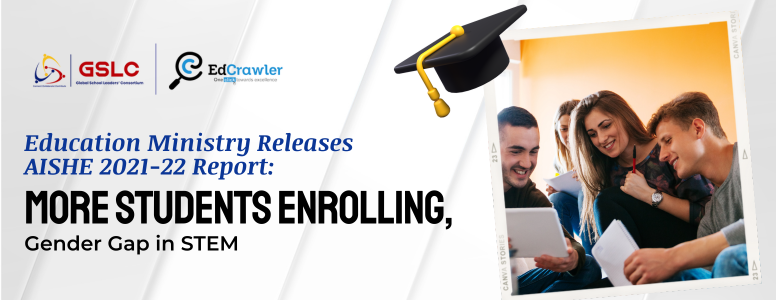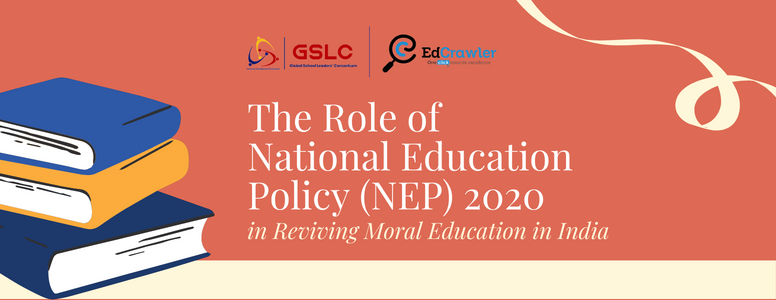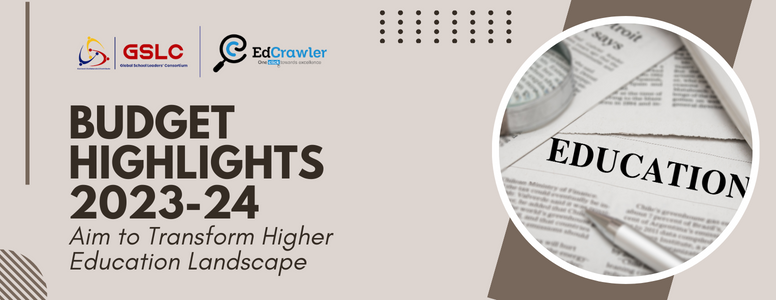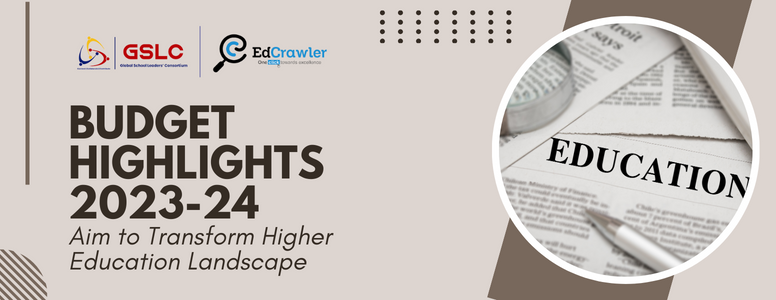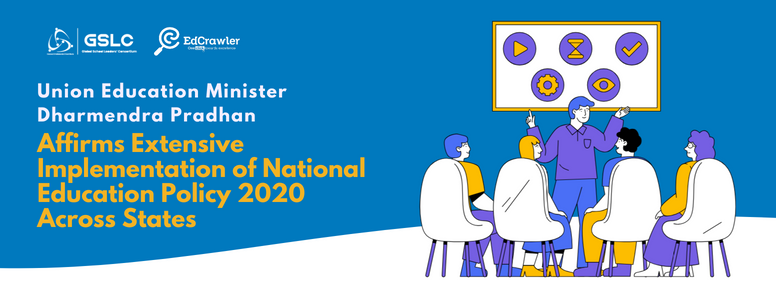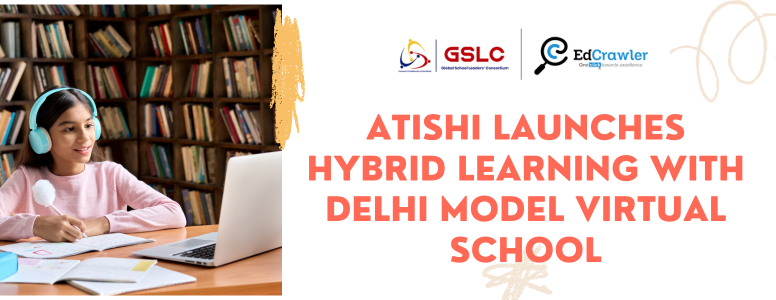Challenges and Opportunities in Early Childhood Education Across India
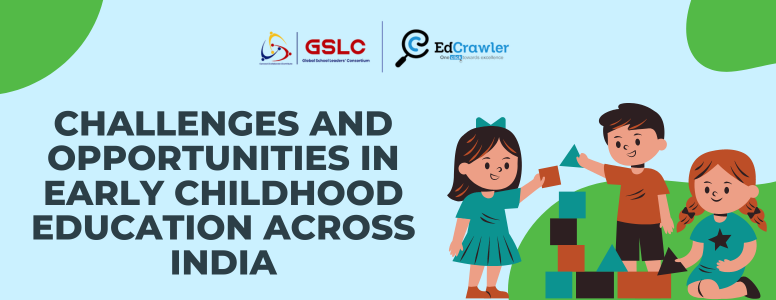
The bedrock of personal growth and societal progress lies in education. In India, a child's future is significantly shaped by the education system, but challenges exist that could affect their overall development and well-being. This thorough investigation examines the state of early childhood education in India, addressing current issues, reviewing relevant laws, and proposing innovative solutions to create a supportive environment for mental health and well-being.
India has made notable progress in its educational environment through significant legislation and initiatives for early childhood education. The Right to Schooling Act (RTE) of 2009 ensures free and compulsory education for children aged six to fourteen, setting standards for infrastructure, teacher-student ratios, and educational quality. Additionally, the 2013 National Early Development Care and Education (ECCE) Policy focuses on the holistic development of children under six, covering aspects like health, nutrition, and child-centric approaches.
The Integrated Child Development Services (ICDS) Scheme, implemented through Anganwadi centers, addresses the diverse needs of children aged 0 to 6 and expectant/nursing mothers, emphasizing the interconnectedness of education, nutrition, and health. Initiatives like Sarva Shiksha Abhiyan (SSA) aim to enhance pre-primary education, providing age-appropriate resources and teacher preparation programs.
Child labor rules, although not directly related to early education, play a crucial role in preventing child exploitation, fostering an environment conducive to education and overall well-being by prohibiting minors from engaging in harmful jobs.
In the context of a society overly focused on exams, which can lead to mental health issues in children, there's a need for a reevaluation of exam-oriented education. Gender inequalities persist, affecting girls with barriers like early marriage and cultural expectations. Recommendations include transitioning to comprehensive assessment techniques and addressing gaps in access to quality education, socioeconomic disparities, and language barriers.
Suicides during the 2018 board exam season underscore the importance of rethinking exam-centric education and its impact on students' mental health. A comprehensive set of suggestions is necessary, including transitioning to project-based learning, encouraging creativity, and providing support services for mental health.
Investing in early childhood education is crucial for a solid foundation, involving the establishment of more Anganwadi centers, age-appropriate learning materials, and improved teacher preparation. Reforms in the curriculum, incorporating life skills and social-emotional learning, can promote the overall development of children. Increased advocacy is necessary for policy changes supporting inclusiveness, child-centric approaches, and holistic development.
The National Education Policy (NEP) of 2020 represents a substantial step towards an inclusive and adaptable education system in India. It recognizes the significance of early childhood education, emphasizing foundational reading and numeracy. The proposed expansion of the Right to Education (RTE) Act and the focus on choice and flexibility in the curriculum align with the goal of providing high-quality education to every child.
In conclusion, India's early childhood education policies, strengthened by NEP 2020, aim for inclusiveness and flexibility. Combined with existing programs, there is potential for significant change in the early childhood education landscape. By embracing an integrated strategy and moving away from detrimental practices, India can work towards a future where all children receive quality education, fostering comprehensive development and preparing them for a rapidly changing world. Adopting the African principle of Ubuntu, emphasizing interconnectedness, has the potential to reduce student suicides and promote a transformative education process.

